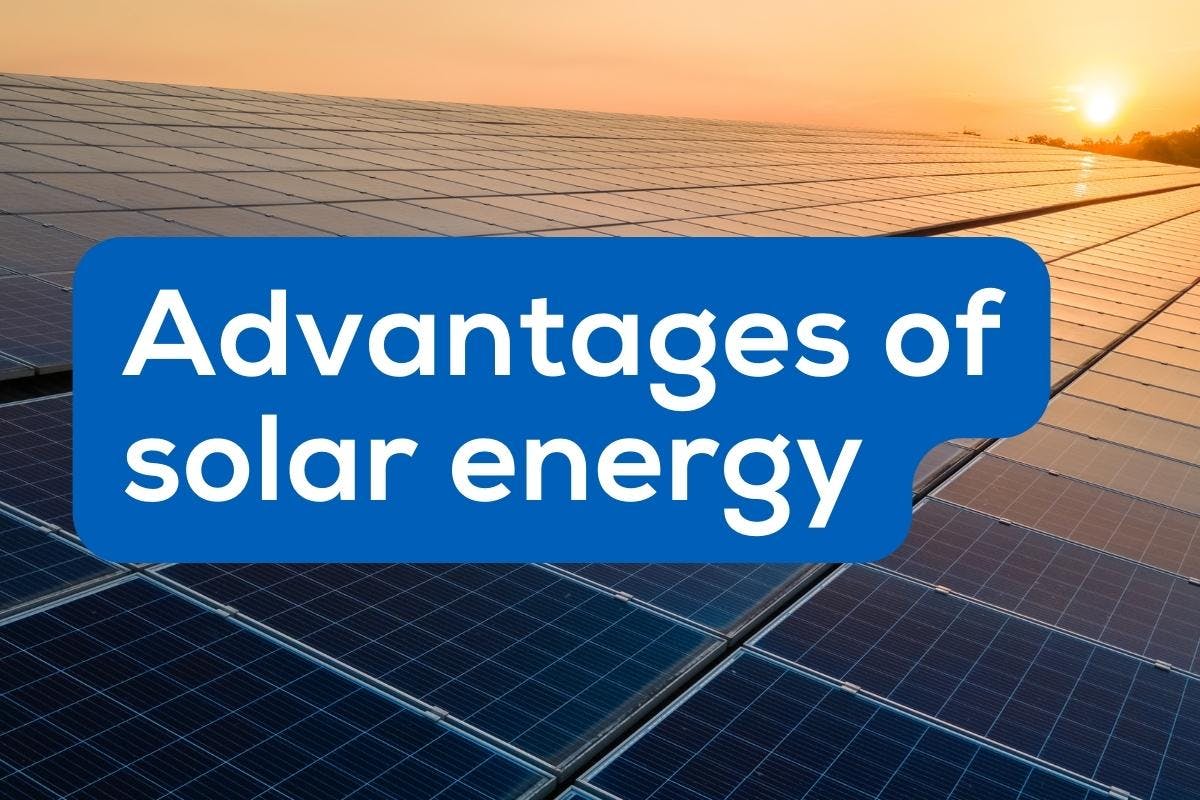Simply Solar Illinois – Your Trusted Choice in Solar Panel Installation
Exactly How Solar Energy Can Assist You Conserve Cash and Lower Your Carbon Impact
The assimilation of solar power into your energy profile provides a compelling chance for both economic cost savings and ecological stewardship. As different federal government rewards become available, the inquiry arises: just how can one effectively navigate the initial financial investments and continuous benefits of solar technology to maximize both financial and environmental gains?
Understanding Solar Power Financial Savings
While the change to solar energy typically includes an initial financial investment, understanding solar power cost savings is vital for property owners and services alike. Solar energy systems can dramatically minimize power costs by using the sun's energy, converting right into significant lasting monetary advantages. By producing their very own electrical energy, users minimize dependence on grid power, which goes through fluctuating prices. These savings can build up in time, commonly bring about a fast roi.
In addition, solar energy systems might receive numerous monetary motivations, including tax credit histories and refunds, further enhancing their cost-effectiveness. The availability of web metering allows customers to sell excess energy back to the grid, producing an additional income stream. These variables contribute to the general savings connected with solar power.

Along with guide financial cost savings, solar power provides the included benefit of boosting residential property worth. Homes furnished with solar panels are typically extra eye-catching to customers, as they promise reduced energy prices - Simply Solar Illinois. Understanding these elements is vital for any person thinking about solar power, as it highlights not simply the prospective economic gains, yet additionally the broader ecological and economic advantages of adopting renewable resource options
Initial Costs vs. Long-Term Perks
When assessing solar energy, it is necessary to evaluate the preliminary prices versus the long-lasting advantages. The upfront financial investment for photovoltaic panels, installation, and relevant tools can be considerable, frequently ranging from $15,000 to $30,000, relying on the system size and home energy needs. This initial expense may discourage some property owners; however, it is important to think about the possible financial savings with time.
As soon as installed, solar energy systems can substantially lower or perhaps get rid of regular monthly power expenses, resulting in significant long-lasting financial benefits. Researches show that home owners can conserve anywhere from $10,000 to $30,000 over the lifespan of their planetary system, typically 25 years. Additionally, numerous states offer rewards, tax credit ratings, and rebates that can counter initial expenses, making solar much more accessible.

Decreasing Your Carbon Footprint
Lowering your carbon footprint is a crucial factor to consider in today's ecologically mindful society, and adopting solar energy is among the most effective approaches to accomplish this goal. Solar review power is a clean, renewable resource that dramatically reduces dependence on fossil fuels, which are significant contributors to greenhouse gas discharges.

Furthermore, the widespread adoption of solar modern technology motivates the growth of eco-friendly work and supports technologies in power storage and efficiency. The even more people and organizations buy solar energy, the better the cumulative decrease in carbon discharges, fostering a cleaner ambience for future generations.
Government Motivations and Rebates
Adopting solar energy not just benefits the atmosphere yet can likewise cause substantial economic savings, specifically with the schedule of government motivations and rebates. Different government, state, and regional programs are designed to urge homeowners and businesses to purchase solar power systems, making the shift more inexpensive.
One of the most popular incentives is the Federal Investment Tax Credit Scores (ITC), which permits planetary system proprietors to subtract a substantial percent of the installation expenses from their federal taxes. This reward has actually been crucial in decreasing the ahead of time expenses connected with solar power systems. In addition, several states supply their very own tax credit scores, gives, and discounts that can better enhance savings.
Furthermore, some regional federal governments give residential or commercial property tax exceptions for solar setups, making certain that homeowners do not face increased home tax obligations as a result of their renewable resource financial investments. Utility companies might likewise provide incentives, consisting of net metering and feed-in tolls, which enable solar power individuals to sell excess power back to the grid.
Picking the Right Planetary System
Selecting the proper solar system is essential for optimizing power efficiency and economic benefits. The decision rests on several aspects, including energy needs, spending plan, and offered room. Home owners should begin by evaluating their power intake to establish the system size required for optimal efficiency.
Following, take into consideration the various kinds his comment is here of solar innovations offered. Simply Solar Illinois. Solar (PV) panels are one of the most common, converting sunlight directly into power, while solar thermal systems concentrate on home heating water. Each type has distinctive benefits depending upon private needs
Budget plan factors to consider are also critical. Preliminary installation prices can vary substantially, so it is necessary to contrast click here for more quotes from numerous carriers and check out financing options. Government motivations and refunds can further minimize the financial worry, making planetary systems more available.
Final Thought
In recap, solar power provides a viable option for accomplishing considerable expense financial savings while all at once decreasing carbon emissions. The preliminary financial investment, though substantial, returns significant long-lasting financial advantages, with prospective savings varying from $10,000 to $30,000 over 25 years. The environmental benefits of solar energy contribute to lasting methods critical for combating environment adjustment. Federal government incentives boost the expediency of solar innovation adoption, motivating a transition in the direction of a cleaner, more financially effective energy resource.